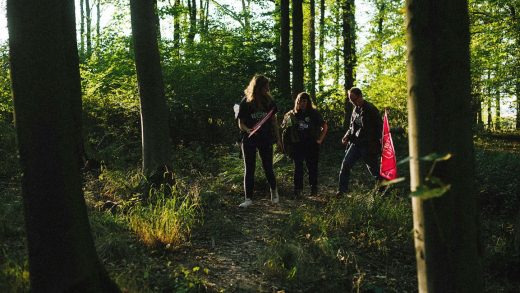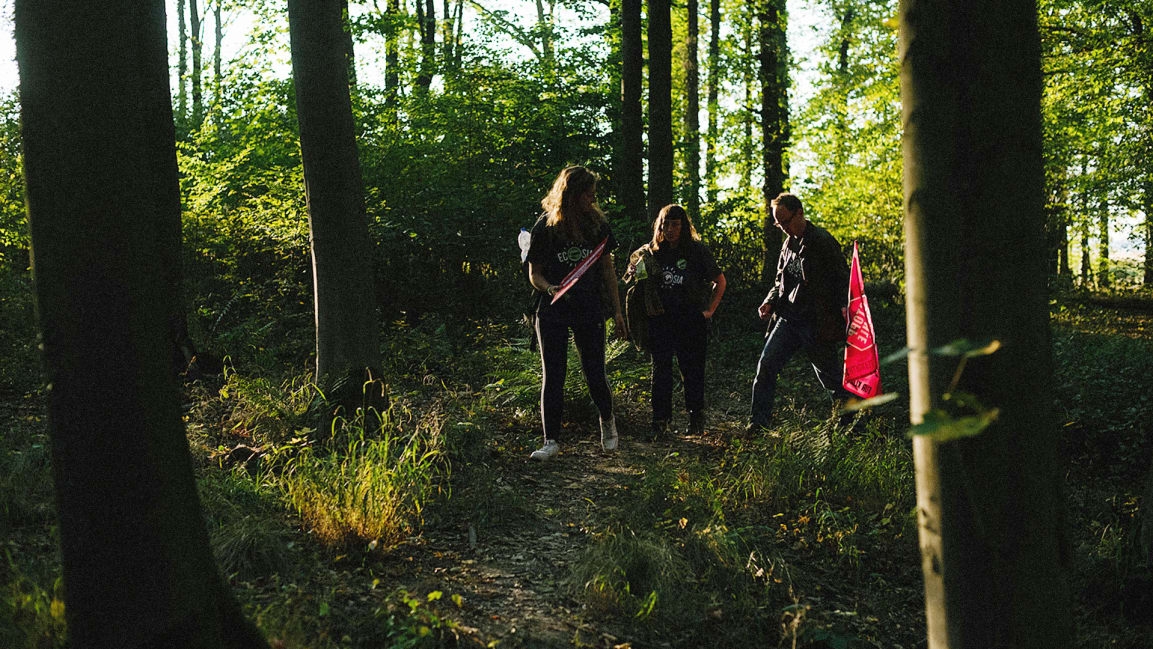To save a forest threatened by mining, this startup offered to buy it
Germany is working on plans to phase out coal, and the head of a large German energy company, RWE, has said that the company is “ready to abandon coal.” But before that happens, the company wants to cut down the remaining slice of a 12,000-year-old forest to expand a coal mine. (The CEO also said, “The forest cannot be saved.”)
Ecosia, a Berlin-based nonprofit search engine, is now offering to buy the forest for €1 million ($1.1 million) and turn it into public land, using money from its advertising revenue. The nonprofit typically uses ad revenue to plant trees in deforested areas around the world. But it recognized that the Hambach Forest, in western Germany, also made sense as an investment.
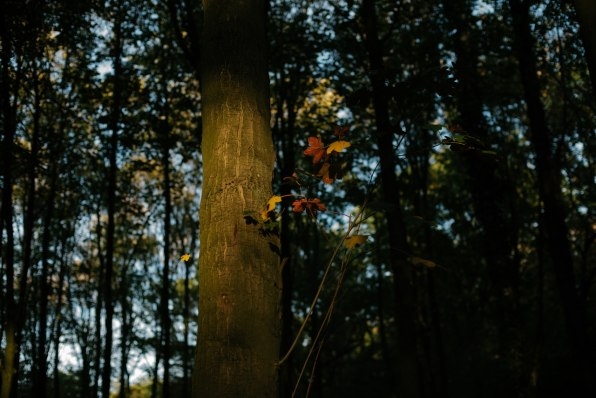
“Around 142 species live in the forest, and 13 of them are endangered, which is why cutting down the forest would be such a catastrophe,” says Jacey Bingler, Ecosia’s representative for North America. “The carbon dioxide that is captured in the forest would be released into the atmosphere to continue mining for coal, which is one of the dirtiest energy sources.”
RWE has owned the land since 1978, and only 10% of the original forest is left. “The rest is basically a wasteland,” says Bingler. For the last several years, activists have occupied the part of the forest that still exists to prevent logging, though the company planned to begin razing the remaining forest this month. A recent court case called for a temporary halt on logging until the court could determine whether removing the trees would critically endanger some species.
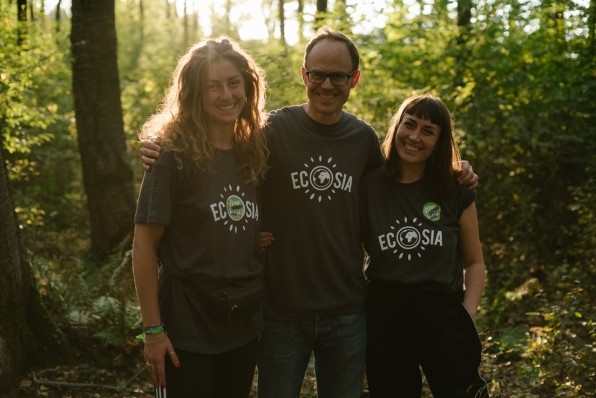
“Depending on what the verdict is, the logging could continue,” Bingler says. “As long as the forest belongs to RWE, the forest is still in jeopardy, and it could be cut down anytime, which is why we decided to offer to buy the forest.”
The organization hopes that others will join them to raise the offer, increasing the pressure on the company. The court case may also help. “The longer the logging is being stopped, and the less likely it is that they would be allowed to cut it down at least for now, the higher the chances are that they would actually accept the offer,” she says. “That would mean making at least a bit of money from this situation.”
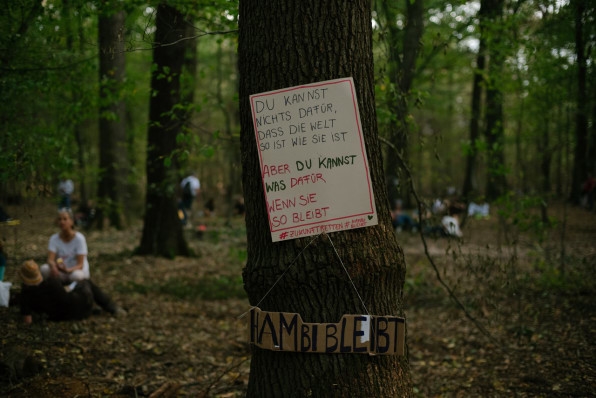
Germany is a world leader in renewable energy–around one-third of the country’s electricity comes from renewables. But it’s also still the world’s largest producer of lignite, or brown coal. In 2017, the country’s lignite production accounted for around 59 million tons of CO2 emissions–around half of the amount of pollution that the country needs to eliminate to meet its 2020 targets. RWE itself is investing heavily in renewable energy.
For the search engine, the offer is one piece of its global investment in trees. To date, the nonprofit has used ad revenue to plant nearly 40 million trees at 19 biodiversity hotspots. By 2020, it hopes to have planted 1 billion, and eventually wants to plant that many trees each year.
“If we reach 1% of the global search market–which doesn’t sound like a lot, but we’re still quite far away from that–if we reached that, we could finance the planting of a billion trees every year,” says Bingler. “That’s what we’re working toward because that would really allow us to have a significant positive impact.”
(18)

